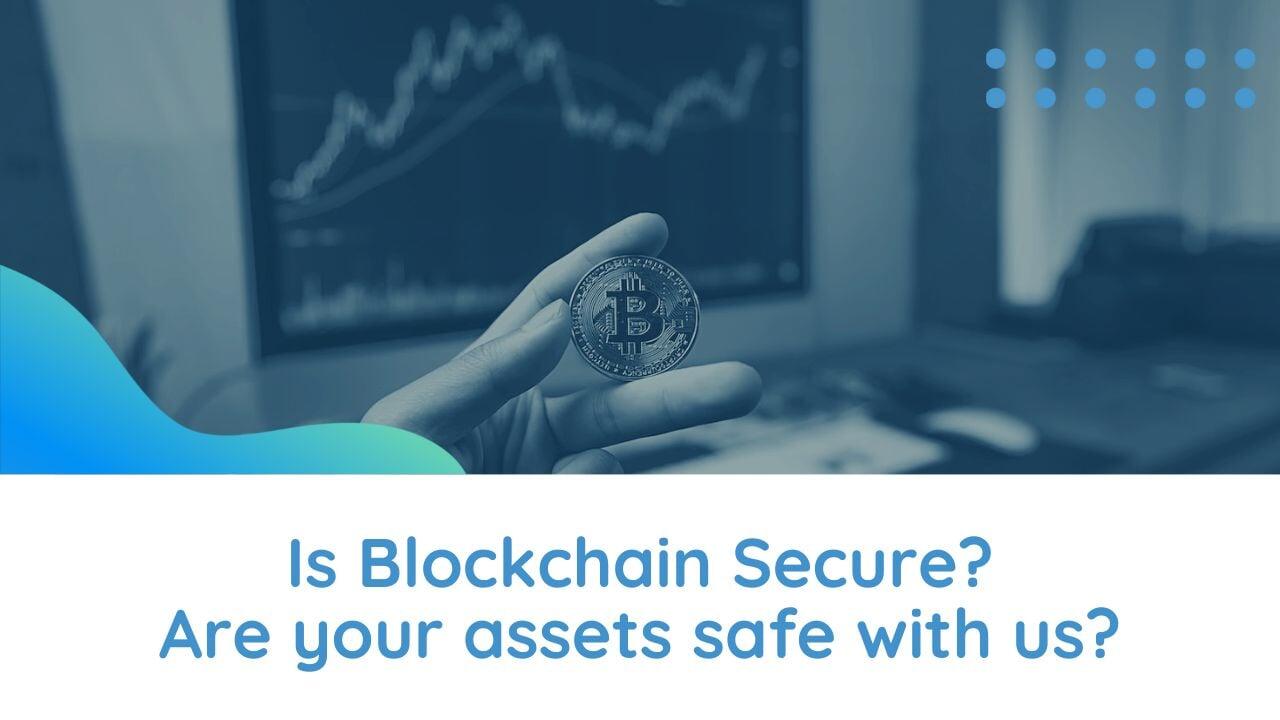
How blockchain is revolutionizing IT security
The details of blockchain technology and its transaction methods are complex, but Part 1 of this two-part series provides an overview of the blockchain's structure and transaction process. It provides an understanding of why private key protection is the foundation of blockchain security. It then presents a turnkey solution for securing private keys. Part 2 illustrates how this turnkey hardware solution can help developers simplify the security of blockchain transactions.
Security issues have led to the development of blockchain technology, which is familiar to many developers in the context of cryptocurrencies. However, blockchain technology can also offer developers a secure infrastructure with broad applicability. Its decentralized architecture requires no central authority and instead relies on private keys and cryptographic methods to protect resources and their exchange between parties. Therefore, the security of a blockchain system depends primarily on the security of the keys and their appropriate use in trusted algorithms.
Although suitable algorithms are easy to find, their implementation requires considerable expertise and experience to develop a secure solution and integrate it into the target application. Developers need a more accessible approach to ensuring key security in emerging blockchain applications.
This article briefly describes the importance of blockchain and how the technology works before presenting a hardware solution for blockchain security.
The emergence of blockchain
Blockchain technology has conquered almost every segment of society with applications as diverse as cryptocurrencies, identity protection, procurement management and voting. Often referred to as a distributed ledger technology, it stands out for its combination of decentralization, authentication and record preservation, with its ability to dispense with a central authority for oversight or an intermediary for transaction execution.
Financial institutions are interested in its potential for faster and cheaper payment mechanisms than those offered by existing technologies and practices. In addition to financial technology, businesses committed to identity validation and transaction traceability are interested in the blockchain's ability to keep an authenticated and truly immutable (unchanging) record. The blockchain's immutability is determined by its structure, but its authenticity is determined by how transactions are carried out.
Basically, this technology depends mainly on the ability to protect the secret keys used in the construction of blocks of transferring transactions. While this article does not go into the specific details of blockchain technology and its transaction methods, a brief review of the blockchain's structure and transaction process can provide the necessary context for understanding the critical importance of private key protection to blockchain security. However, it should be noted that actual blockchain systems are based on much more sophisticated structures and protocols than this conceptual and simplified presentation of blockchain technology makes them appear.
Immutable chains
A blockchain, as the name suggests, is a chain of blocks used to record a set of transactions. The structural details and protocols used in public blockchains, such as Bitcoin and Ethereum, can be very different from private blockchains used by an individual organization. There are also semi-private blockchains, known as right-to-access blockchains, which are used by a collaborative group of entities.
Security with clanity
Clanity uses the Cardano proof of stake algorithm to provide unparalleled security and sustainability to decentralized applications, systems, and societies.
With the latest Cardano “Valentine” update in February, it has enhanced the cryptographic features of Cardano blockchain technology and its native tokens while adding cross-chain smart contract decentralized application capability.
We recognize the importance of a token's security. Clanity's goal is to be a more efficient and cost-effective way to interface across systems and employ smart contracts in the most secure way possible.

Expand your business reach to new and untapped markets
Unlock new revenue streams and opportunities for growth and take control of your business's future today!

